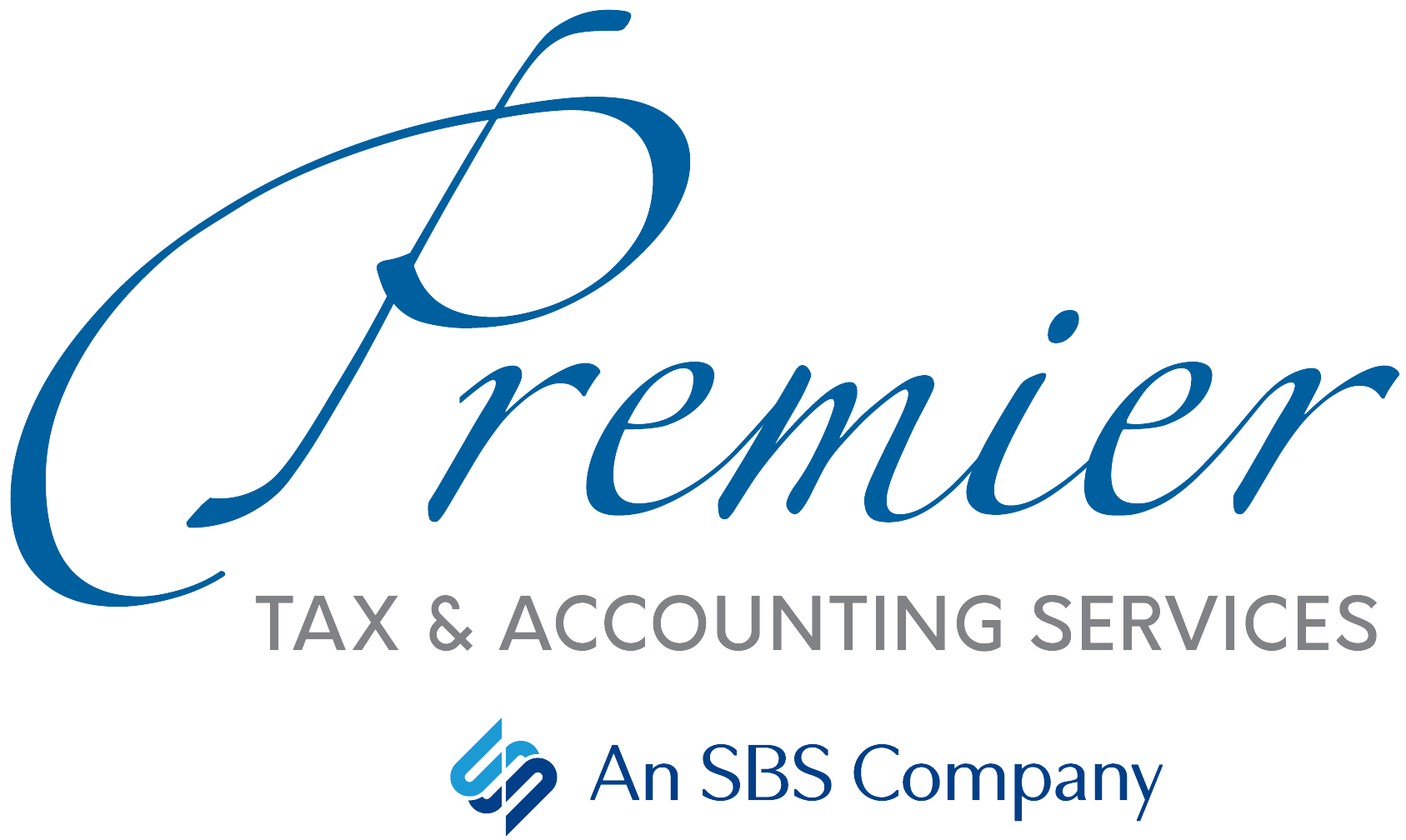With a little extra time at home on your hands this year, you may have taken up a new hobby — maybe selling photographs, creating skin-care products or trading antiques — whether for fun or to make a few extra bucks. But is it just a hobby? Maybe you’re thinking it could turn into a new business venture. What’s the difference? And how does it affect your taxes?
The general thinking is that a business is operated to make a profit. A hobby, on the other hand, is engaged in for sport or recreation — it’s not intended to make a profit.
Whatever you consider your “side hustle” to be, keep in mind that you must report income earned on your annual federal tax return. How it’s reported depends on whether it’s a business or a hobby.
Differentiating Between a Hobby and a Business
The IRS usually considers your activity a business if you’ve made a profit for three of the past five years. Otherwise, you have to establish a profit motive. Consider how you would answer the following questions to help determine whether your hobby is really a business:
- Is the activity carried out in a businesslike manner, where you maintain complete and accurate books and records?
- Does the time and effort you put into the activity show that you intend to make it profitable?
- Do you depend on income from the activity?
- Are any losses due to circumstances beyond your control — or are they normal for the startup phase of your business?
- Have you change your methods of operation to improve profitability?
- Do you have the knowledge needed to carry out the activity as a successful business?
- Were you successful in making a profit from similar activities in the past?
- Do you expect to make a future profit from the appreciation of any assets used in the activity?
Tax Consequences of Hobbies vs. Businesses
If you make money from a hobby, you must report that income on your tax return (Schedule 1, Form 1040). The income will not be subject to self-employment tax. However, because of tax law changes made via the Tax Cuts and Jobs Act, you cannot deduct expenses for that hobby. Previously, you may have been able to add them to your miscellaneous itemized deductions, but these can no longer be deducted.
If your activity is considered a business, however, you will report your income on Schedule C. And you’ll pay self-employment tax on your earnings. However, you will also be able to deduct your expenses, including any qualifying home office expenses. These deductions can help reduce the amount of tax due on any income you made.
The rules regarding income and expenses for hobbies and businesses can be confusing. If you’re not sure the best way to handle your new “side hustle,” contact us. We’ll be happy to help you sort out the specifics of your situation.
Lodging Tax Increase Coming
If you’re a cabin rental owner, please note that BOTH Fannin County AND City of Blue Ridge Lodging Tax Rates are going up!
The county’s tax rate will rise from 5% to 6% beginning January 1, 2021. For rentals within the city limits, the City of Blue Ridge’s Hotel/Motel Excise Tax will increase from 5% to 8%, effective November 1, 2020.
This is in addition to the 7% that goes to the State of Georgia.
Let us know if you need help updating your systems for the new tax rates. We’ll be glad to help you with the process.
MONEY BRIEF #1
If you filed your 2019 return by this year’s extended July 15 deadline and either received a refund in the past three months or will receive a refund, you may also receive an interest payment from the IRS. The IRS is sending interest payments — averaging about $18 each — to about 13.9 million individual taxpayers who are receiving refunds. If you received your refund by direct deposit, you will also receive your interest payment by direct deposit. Otherwise, you will receive a check. Note that any interest payment you receive from the IRS of $10 or more is taxable — you will receive a Form 1099-INT and must report it on your 2020 federal income tax return you file in 2021.
MONEY BRIEF #2
Did you know unemployment compensation is taxable? Any UI benefits you receive this year will be considered taxable on your 2020 tax return next spring. This is especially important to keep in mind if you chose not to have tax withheld from your benefits when you applied. Taxable benefits include regular UI plus any additional unemployment compensation authorized under the Coronavirus Aid, Relief and Economic Security (CARES) Act. If you did not choose withholding, or if the amount withheld is not enough, you can make quarterly estimated tax payments instead. Payment for the first two quarters of 2020 was due on July 15. Third and fourth quarter payments are due on September 15, 2020, and January 15, 2021, respectively. If you’re unsure of your situation, contact us today and we’ll help you work it out.



